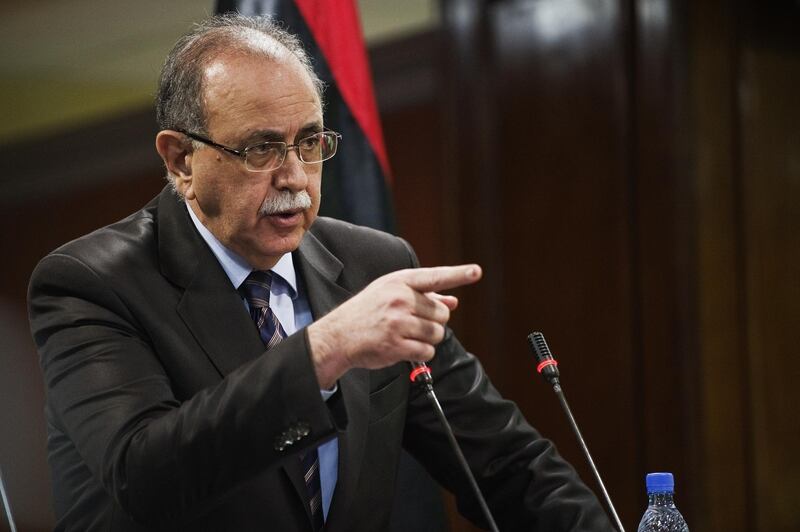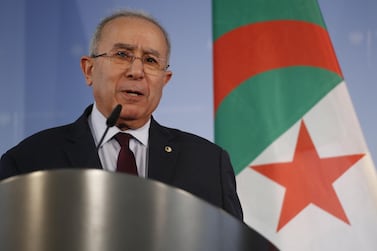Former Libyan prime minister Abdurrahim El Keib, a member of the collective leadership after the fall of the regime of long-time leader Muammar Qaddafi that failed to halt the fragmentation of the country, died on Tuesday.
He is the second Libyan figure who rose to prominence in the post Qaddafi era to die this month.
His predecessor as prime minister, Mahmoud Jibril, a more influential player, died from the coronavirus in Cairo on April 5. Both were respected as untainted by tribalism and as veteran politicians who honoured their pledge not to resurface on the scene once a pathway to democracy was established.
The United Nations-recognised government in Tripoli announced Keib’s death, describing him as “a transparent, honest man who never fell short in serving his compatriots”.
Local media said Keib died in the United States, where he had become an engineering professor. He also taught in the UAE.
Libyan Prime Minister Fayez Al Sarraj said he had “lost a brother and a dear friend”.
Like Mr Jibril, Mr Keib was a highly-educated exile who returned to his homeland to help in its transition to democratic rule and became prime minister for a year starting in November 2011.
One of his priorities was to restore oil production, which rose to recover most of its civil war losses under his tenure. He helped organise the country’s first democratic election in the post Qaddafi era in July 2012.
But militias who helped topple Qaddafi rarely showed serious signs of the powers they had carved, largely in their own areas but sometimes beyond.
In March 2012, Keib supported the position of Mustafa Abdel Jalil, head of Libya's National Transitional Council, in defending national unity at all costs.
Keib also opposed proposals for federalism, saying that such arrangement would set Libya back by 50 years.
"To stabilise the country in 10 months is sometimes an overestimation of what humans can do," he said shortly before he left power in 2012.
The societal fissures from the Qaddafi era and international competition for spheres of influence in Libya sunk the country into long-term conflict.







